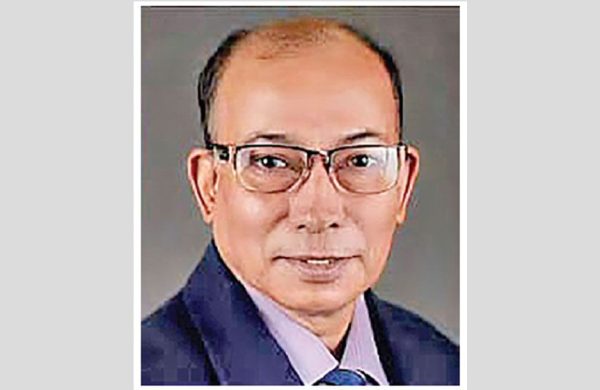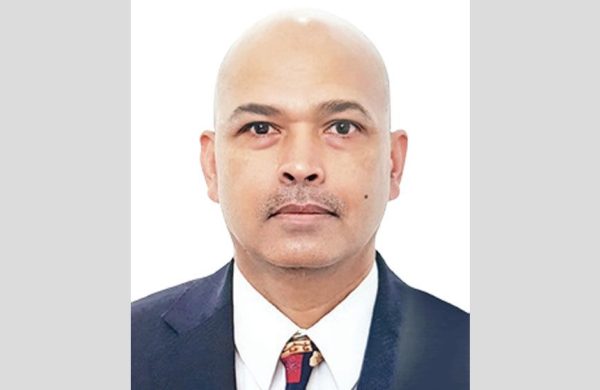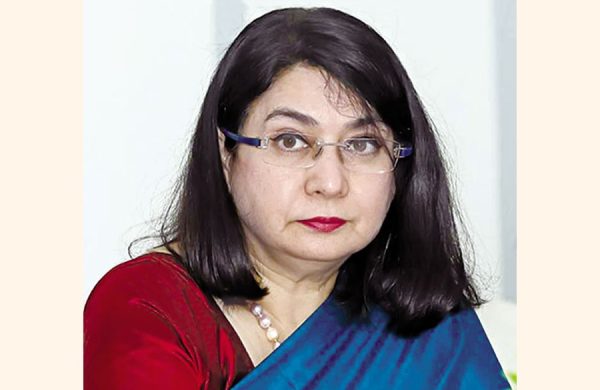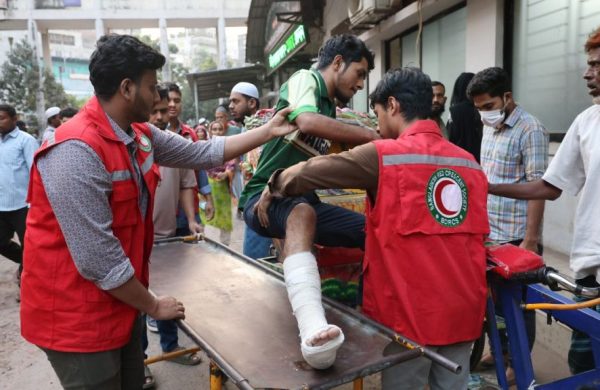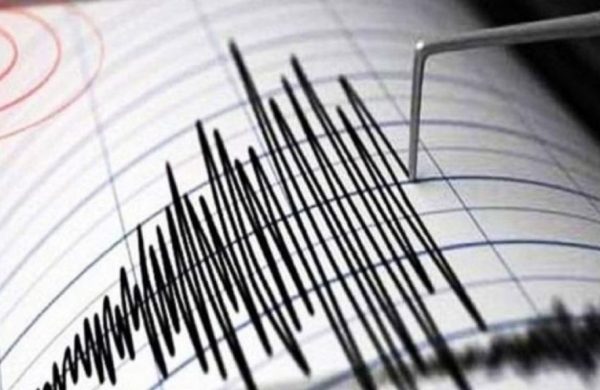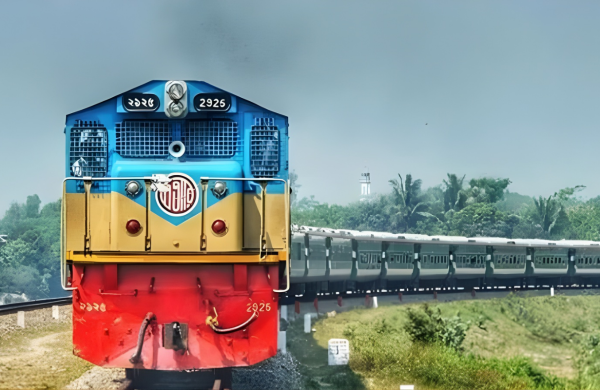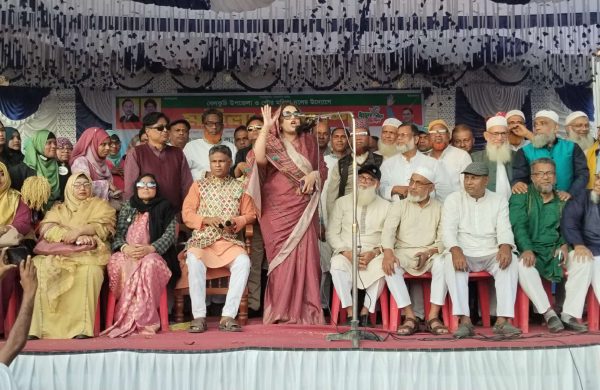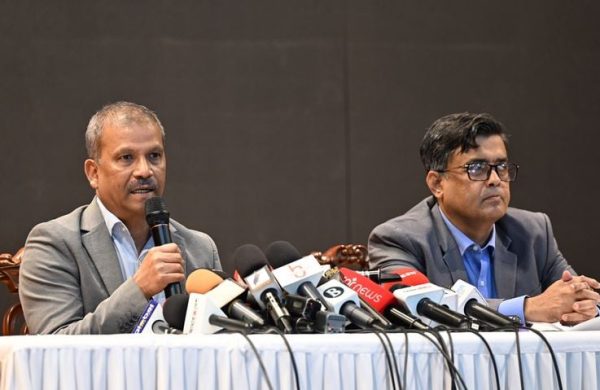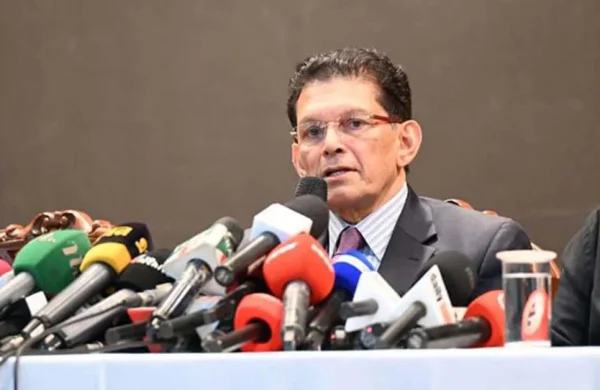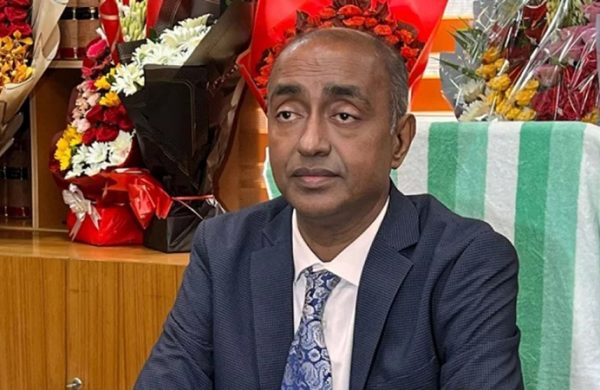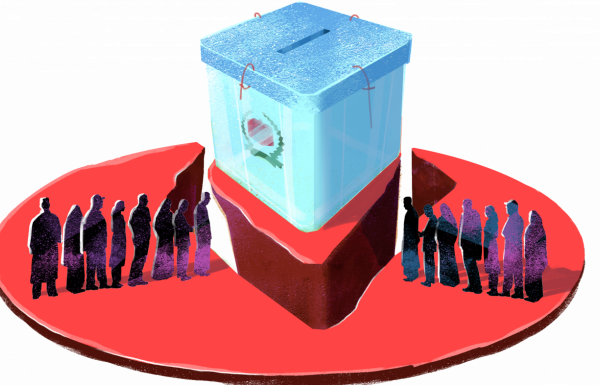Distrust and the game of allies and enemies in politics
- Update Time : Sunday, October 26, 2025
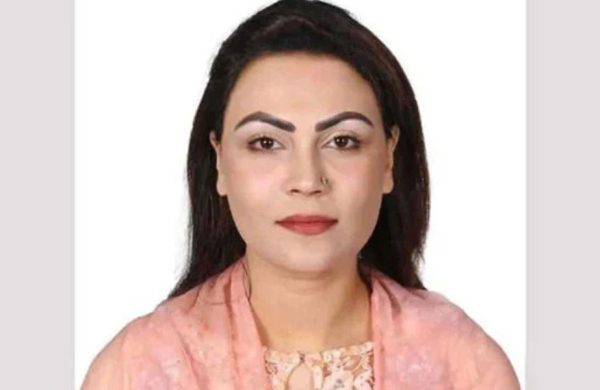
—Audite Karim—
In politics, there are no permanent friends or enemies. One word that seems to be missing from the political dictionary is “trust”. This oft-quoted maxim from political science textbooks is now being vividly demonstrated in Bangladesh. The next national election is scheduled to take place in the first half of February next year. Yet as the election approaches, unrest and uncertainty are mounting. Political parties no longer trust one another. Each considers the other an enemy. The primary focus now seems to be how to defeat opponents, not how to serve the people.
After the fall of the Awami League, the interim government led by Prof Yunus assumed power on 8 August last year. The unity and cordiality once seen among political parties during that period now seem little more than a memory. The old political culture has returned – where the lust for power outweighs the national interest.
Putting an end to long-standing speculation, the July National Charter was signed on 17 October. So far, 24 political parties have signed it. At the signing ceremony, Chief Adviser Prof Muhammad Yunus declared that it marked the beginning of a new Bangladesh. However, even after the signing, divisions among parties have not disappeared. The situation suggests quite the opposite.
On one side, the National Consensus Commission continues to hold meetings with experts to finalise the framework and implementation strategy of the July Charter. On the other, several parties are raising questions about the neutrality of the interim government. Party leaders are also expressing doubts about whether elections will take place on time. Moreover, parties are pursuing different paths with their own demands and agendas. Differences have already surfaced on various issues. Seven parties, including Jamaat-e-Islami, are following their own programmes.
In just two days – Tuesday and Wednesday – top leaders of three political parties met with the Chief Adviser to present their demands and positions. This clearly shows that the parties have yet to unite under one umbrella. The BNP has called on the interim government to function immediately as a caretaker administration and demanded the resignation of advisers allegedly loyal to other parties. Jamaat has also questioned the government’s neutrality and demanded the resignation of advisers sympathetic to the BNP and NCP.
Jamaat has urged the government to hold a referendum before the national election in November and to grant legal validity to the July Charter. They have warned that, without these demands being met, they will not participate in the election – though they still hope the government will comply. Meanwhile, the National Citizens’ Party (NCP), formed out of the July Uprising, has declared that it will not contest the election unless it is allowed to use the “Shapla” (Water Lily) symbol. Similarly, BNP leaders have met with the Chief Election Commissioner to discuss polling agents and election management issues. Such rigid stances are only making the upcoming election more complex.
Political analysts believe Jamaat and the NCP wish to delay the election for their own advantage. At present, the BNP is undoubtedly the most popular party in the country, with extensive organisational strength nationwide. If the BNP nominates capable candidates, controls internal feuds, and avoids widespread rebel candidacies, it has little reason to be disappointed in the upcoming election. Its political rivals are well aware of this advantage – hence efforts are being made to create uncertainty around the polls.
Nevertheless, the interim government remains confident about holding elections in February 2026. The Chief Adviser has repeatedly stressed that there is no alternative to holding the election on schedule and has urged everyone to “be assured” of the government’s neutrality. Despite that, political instability continues to grow, and divisions among parties have become increasingly evident.
The recent meetings between the Chief Adviser and leaders of the BNP, Jamaat-e-Islami, and the NCP have sparked new discussions in the political arena. But an analysis of these parties’ statements and strategies reveals that they are trying to exert pressure not only on the government but also on one another. A silent competition for administrative influence before the election is clearly visible. This mutual distrust and power struggle among parties underscores one truth – there are no permanent friendships in politics.
The rift between the BNP and its long-time ally Jamaat is not new. Recently, a public spat between the NCP and Jamaat has drawn significant attention. Many believed the NCP was nurtured under Jamaat’s patronage. During movements led by NCP leader Hasnat Abdullah demanding a ban on the Awami League, Jamaat activists were the most visible in the streets. Those movements succeeded largely due to Jamaat’s and its student wing Shibir’s participation. NCP leaders were also prominent at Jamaat rallies. In one such rally, when the Jamaat Ameer fell ill, NCP leader Sarjis Alam led the prayer – a symbolic reflection of the emotional bond between the two groups.
Why, then, has that bond broken? Why did NCP convener Nahid Islam sharply criticise Jamaat? Analysts say the NCP felt betrayed. Until 15 October, both parties had agreed not to sign the July Charter without clear legal legitimacy. But at the last moment, Jamaat broke that understanding and attended the signing ceremony. Many believe that, had Jamaat stayed away, the signing event itself might have been questioned. The NCP now feels that if Jamaat had kept its word, the government would have been compelled to provide legal legitimacy to the July Charter.
Analysts note that Jamaat has always used alliances for its own benefit. It gained the right to engage in politics in Bangladesh through the leniency of the late President Ziaur Rahman. Under the BNP’s shelter, it rebuilt its organisation during the anti-Ershad movement. After 1991, it aligned with the Awami League to oppose the BNP. In 1996, it again formed an alliance with the BNP to survive politically. Though it shared power in 2001, it did not stand by the BNP during the 1/11 crisis. Its role in the “minus-two” formula also remains controversial. After the debacle of the 2008 election, it again relied on the BNP to sustain its existence. Towards the end of the Awami League regime, there were even rumours of secret understandings between Jamaat and the ruling party.
Notably, during the controversial 2024 “dummy” election, thousands of BNP leaders, including Mirza Fakhrul Islam Alamgir, were arrested – yet Jamaat leaders faced mysterious leniency from the authorities. Though it speaks of ideology, Jamaat has often sacrificed ideals for political gain. Its student wing Shibir recruiting from the Chhatra League is one such example. During the July movement, Jamaat reorganised its student front using leaders of the anti-discrimination student movement – and now it denies association with them. Recalling Jamaat’s history is not to belittle the party but to understand its strategy for the coming election. Jamaat believes it is now in a stronger position than ever before and sees this as the perfect time to pursue power – through both open and covert tactics.
Jamaat knows it still lacks broad public support; swing voters remain reluctant due to its role in the 1971 Liberation War. Perhaps that is why its Ameer recently said in New York, “Not only for our role in 1971, but for any mistake we may have made since 1947, I seek forgiveness from everyone.” Whether the public accepts this “strategic apology” remains doubtful.
Jamaat’s second major strategy is to isolate the BNP. For that reason, it is trying to establish ties with other Islamist-leaning parties to prevent them from aligning with the BNP. Recently, Jamaat’s lobbying succeeded in amending the election law. The amendment requires that even coalition partners must contest the election using their own party symbols. This means BNP allies such as Mahmudur Rahman Manna or Andaleeve Rahman Partha cannot run under the BNP’s “Sheaf of Paddy” symbol – making alliance-based elections far more difficult.
On Friday, BNP leader Salahuddin Ahmed criticised this amendment, saying: “We had agreed with several clauses of the RPO revision, but clause 20(1) was crucial. Previously, coalition partners could contest under a shared symbol. The new change discourages alliances and deprives smaller parties of opportunities.” He asked: “Why was this amendment passed unilaterally? The BNP wants a vibrant, multi-party parliament. For the sake of free and fair elections, we urge the government to reconsider.”
Many pro-Jamaat bureaucrats are silently aiding the party. Jamaat’s demand for a pre-election referendum serves two purposes: first, to delay the election, which would psychologically benefit Jamaat over the BNP; and second, because the longer the delay, the more disadvantageous it becomes for the BNP. Jamaat also believes that creating uncertainty and fear about the election will lower voter turnout. Lower turnout means ordinary voters – the BNP’s main strength – will stay home. If nationwide turnout drops below 25%, but Jamaat successfully mobilises its supporters, it could cause a major electoral upset. However, as analysts note, strategies lose effectiveness once they become predictable.
The newly formed NCP is not yet a major factor in national politics or elections. Just as the signing ceremony on 17 October went ahead without them, the election will not halt for their absence. The party itself is grappling with internal feuds and divisions.
For the BNP, this election presents multidimensional challenges. As the country’s largest political party, its goal is not merely to win but to ensure a free, fair and controversy-free election. Ultimately, any irregularity in the polls will be blamed on the BNP. Analysts say the BNP’s greatest challenge is internal discipline – selecting one candidate from several qualified aspirants in each constituency and uniting others behind that person. The better the BNP manages this, the stronger its electoral outcome will be. The second challenge is boosting voter turnout – the more festive and peaceful the election atmosphere, the better the BNP’s chances.
These are all matters of political strategy and arithmetic. But if divisions and distrust among political parties push the election into uncertainty, the ruin of democracy will be inevitable.
———————————————————————–
Audite Karim is a writer and playwright. Email: [email protected]


